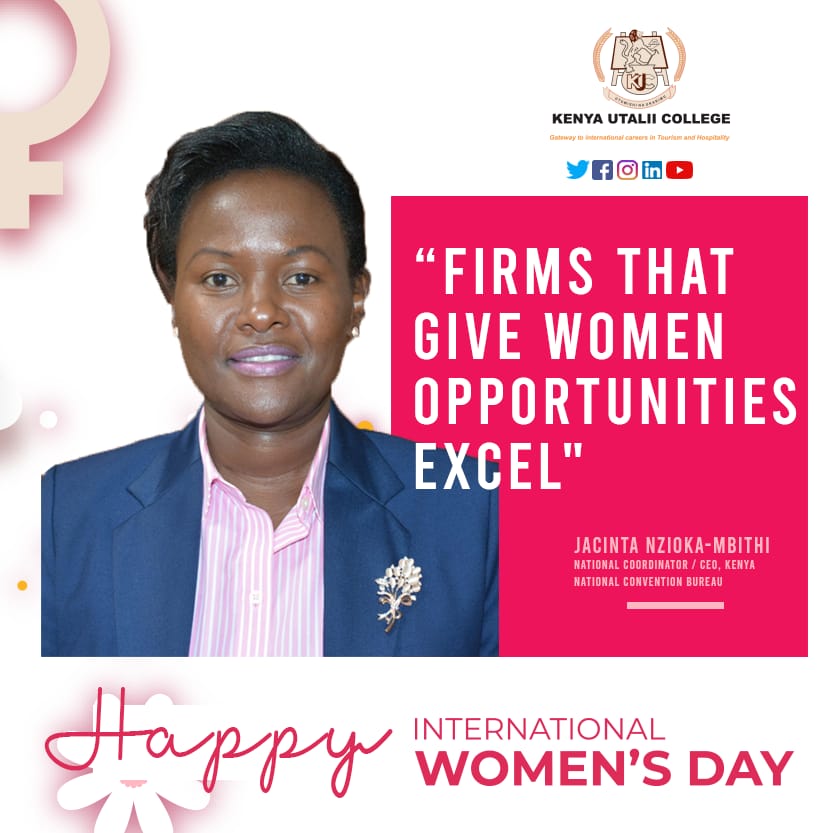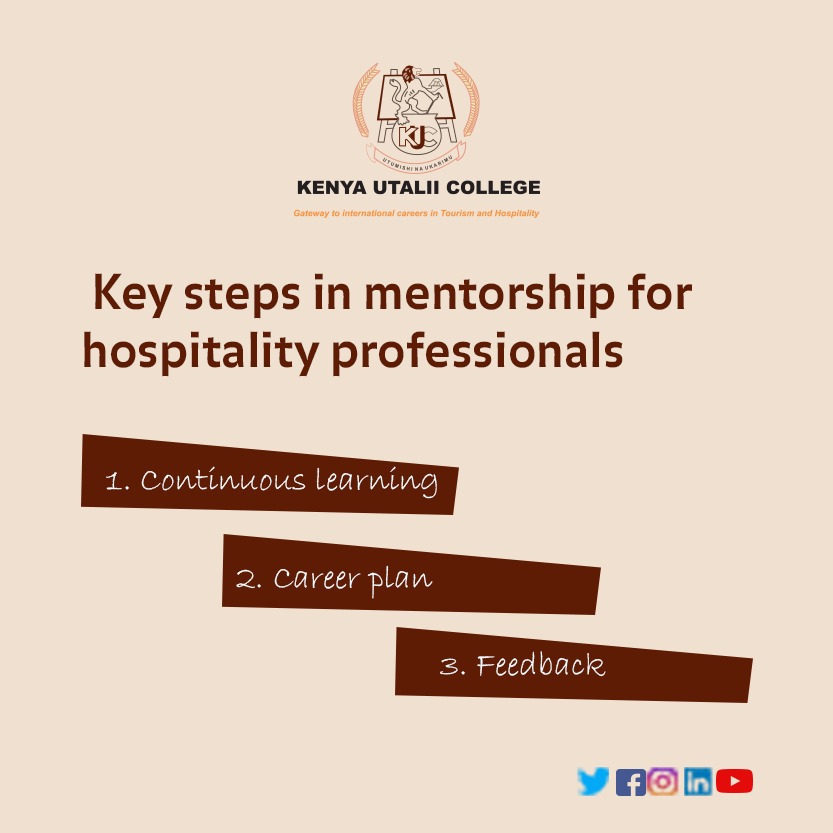National Diversity and Inclusion Awards rewards Kenya Utalii College for being the best tertiary institution for PWDs by Mjidho Baiba Dhidha, Human Resources Officer at Kenya Utalii College
Access to education and training for persons living with Disabilities (PWDs) in Kenya has improved significantly over the past decade. However, despite this progress, their transition to tertiary education is still a challenge compared to those without any form of disability. This has made it difficult for them to acquire professional skills and competencies necessary for employment.
Amazingly, according to the 2011 World Health Organization report, approximately 15% of the world’s population lives with some form of disability. If their rights to acquire skills training and employment in decent work are promoted and protected, these differently abled persons can make a significant contribution to the country’s GDP. The higher education sector, therefore, ought to realize the wasted potential in these energetic youths, when they miss out on skills acquisition and consequently come up with ways to promote equitable access to training opportunities for persons with disabilities.
Marginalised in the labour market
Generally, people with disabilities have varying requirements when it comes to entering and completing skills training courses, depending on the type of their disability and the educational opportunities they have had in the mainstream education system. A report by International Labour Organization (ILO) GB.316/ POL/2, 2012 reveals that people living with disabilities are a marginalized group in the labour market in most countries around the world; and are far more likely than persons without disabilities to be unemployed, underemployed, or economically inactive. For those that have been lucky to undertake vocational training, it is unfortunate that it is often in segregated colleges where courses are frequently not linked to the labour market requirements, or at a standard lower than that required by employers. The few in employment are most likely to be in low-paying jobs with poor promotional prospects and working conditions; despite ILO’s call for many years, to have people with disabilities access training alongside other workers.
The report further discloses that in countries where the disability benefits systems are in place, even those of working age are forced to rely on sickness or disability benefits as their main source of income; whereas in countries where such benefits are not available, they can only rely on the support of their families, and at times end up begging for donations.
Training opportunities
To ensure that they are not excluded from higher education and their potential is realized, various elements must be put in place. These include the development of suitable disability inclusivity policies, promoting equitable access to training opportunities, financing, conducive curricula, staff and building structural designs, as well as supportive communities.
Kenya is among countries that have taken heed of IWD matters and through an Act of Parliament, established the National Council for Persons with Disabilities (NCPWD) which is a State Corporation mandated to coordinate all issues of Persons with Disabilities in National Development, and the facilitation of Disability Mainstreaming Programmes in the public and private sector. The Government has further facilitated the formation of Technical, Vocational Education and Training (TVET) for skills development and improvement of the labour market situation for PWDs.
Kenya Utalii College has put in place measures to make the Institution friendly to PWDs. For ease of movement, the College has provided ramps leading to facilities on raised floors and constructed spacious special washrooms. Our Service Charter has been translated into Braille Language and some staff members have received training for sign language interpretation to aid accessibility to institutional information. This has immensely improved our service delivery and has made people with visual and hearing challenges, experience our hospitality. Besides, some of our courses are conducive to PWDs, and after completion, the graduates not only get employment opportunities but can as well establish businesses.
In appreciation of diversity, the institution has employed several persons living with different kinds of disabilities. These members of staff occupy different cadres, perform their duties very well, and the institution is proud to be associated with them.
It’s against this backdrop that the College was on Friday 12th March 2021, recognized and feted by DIAR Awards 2020 (National Diversity and Inclusion Awards and Recognition); as the best tertiary institution for PWDs, in a ceremony held in Nairobi.
Read Our Segment : Women Leaders In Hospitality & Tourism Industry


